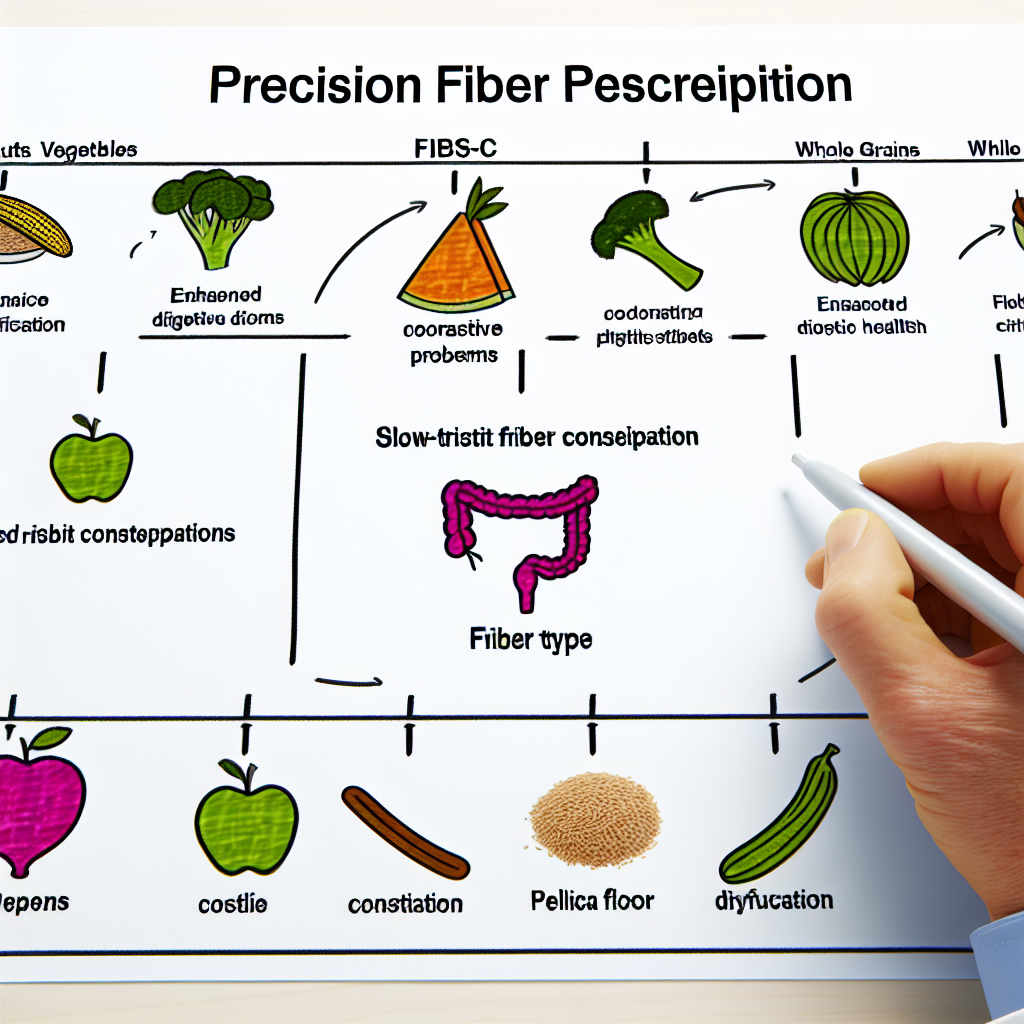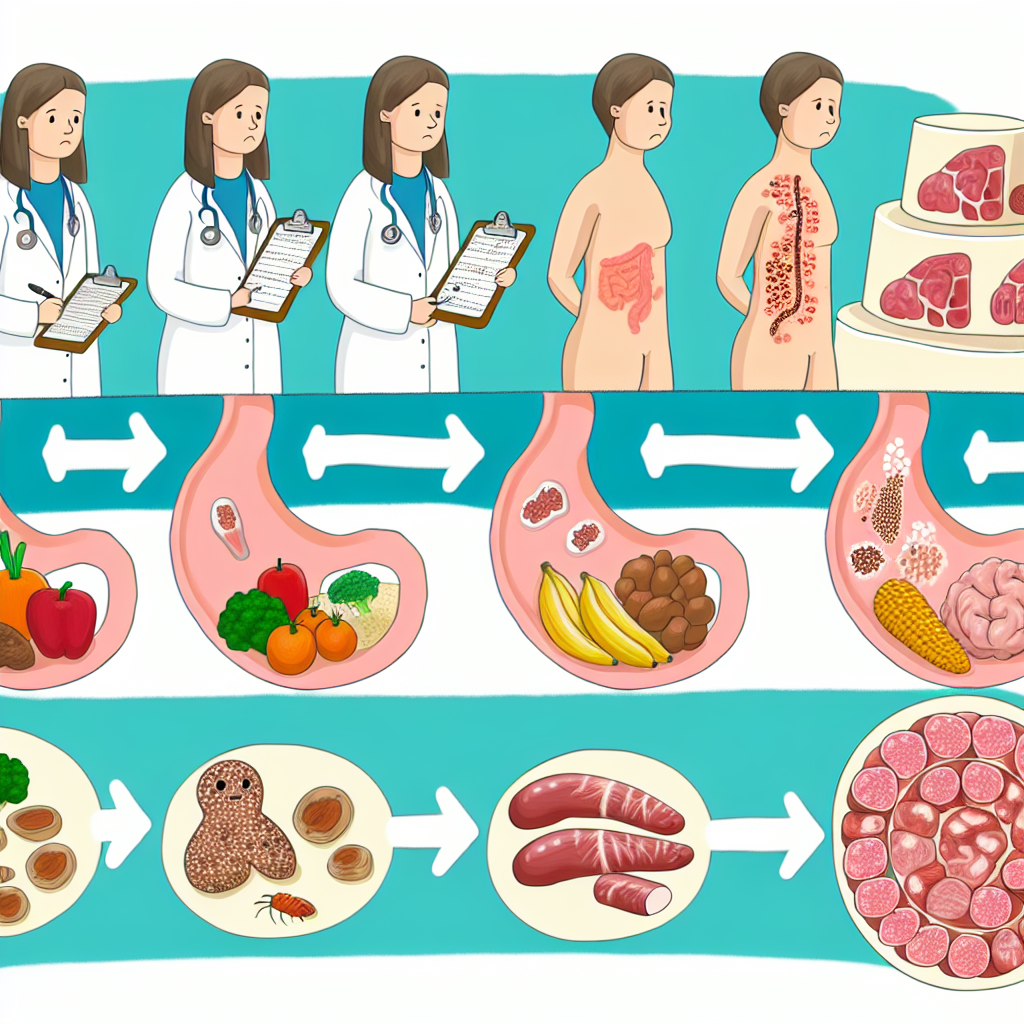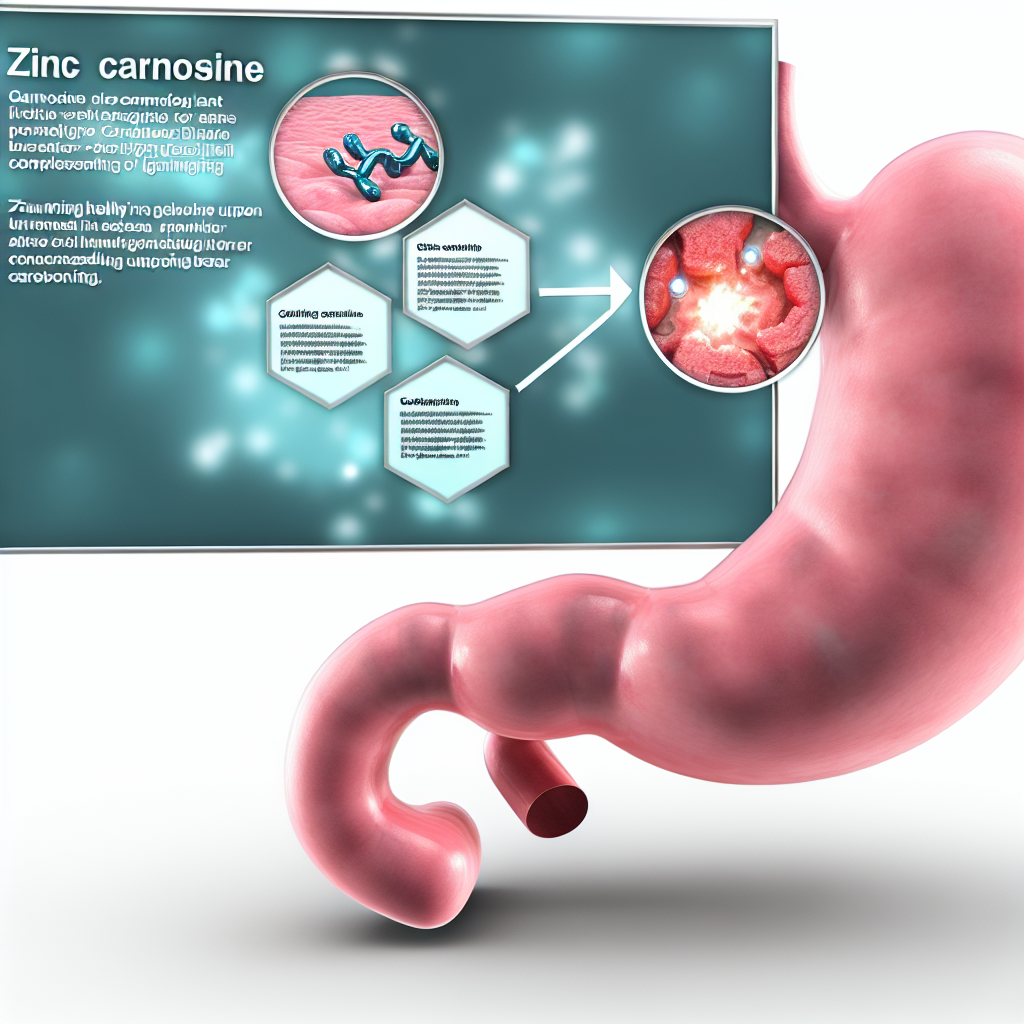The assertion regarding Buttermilk’s status as a probiotic-rich beverage for digestive ailments is largely accurate. Here is an analysis:
Traditional Buttermilk is the residual liquid that remains after churning butter from cream. It may contain probiotics, which are living bacteria with some health advantages.
These probiotics can enhance digestion and promote gut health. Nevertheless, commercially produced traditional Buttermilk is now scarce.
Cultured Buttermilk is the predominant type of Buttermilk in the market nowadays. Industrially, this variety of Buttermilk is created by introducing particular strains of bacterial cultures to pasteurized milk.
The bacterial cultures metabolize lactose, a sugar found in milk, and produce lactic acid. This lactic acid gives cultured Buttermilk a unique acidic taste and thicker, sticky texture.
Probiotics are living microbes, typically bacteria, that offer health advantages when ingested.
The bacterial cultures employed in the manufacturing of commercial cultured Buttermilk are meticulously chosen for their capacity to swiftly convert the lactose present in the milk into lactic acid.
The fermentation process takes several hours, resulting in Buttermilk with a lower pH than ordinary milk, which is caused by the heightened acidity from lactic acid.
Although the bacterial cultures utilized in creating commercial Buttermilk successfully achieve the intended taste and consistency, they may not necessarily include probiotic strains. Probiotics are living microbes, typically bacteria, that offer health advantages when ingested.
The bacterial cultures selected for buttermilk production are generally chosen based on their functional features rather than their probiotic traits.
It is crucial to acknowledge that traditional, freshly made Buttermilk from farms, a byproduct of butter production, would naturally contain probiotic bacteria.
Nevertheless, the commercially produced cultured Buttermilk available in most supermarkets nowadays does not ensure the existence of probiotics, although it maintains the distinctive sour flavor and thick texture typically associated with Buttermilk.
This can benefit individuals with mild lactose intolerance who may encounter gastrointestinal discomfort from consuming milk.
Although cultured Buttermilk may have some benefits for specific stomach problems because of its acidity, its probiotic load is probably low.
Gastrointestinal Problems and Buttermilk:
Buttermilk, whether traditional or cultured, may provide treatment for specific gastrointestinal problems for the following reasons:
Alleviating Acidity: Lactic acid in Buttermilk might soothe gastric acid, thereby mitigating symptoms of heartburn or indigestion.
Cultured Buttermilk often has less lactose than ordinary milk due to fermentation, making it more suitable for individuals with lactose intolerance. This can benefit individuals with mild lactose intolerance who may encounter gastrointestinal discomfort from consuming milk.
These are the essential factors to keep in mind:
Suppose your primary objective is to find a probiotic drink. In that case, alternative options such as kefir or yogurt with live and active cultures may be more suitable.
While Buttermilk can be included in a nutritious diet, it should not be relied upon as a universal remedy for digestive issues. If you experience persistent gastrointestinal problems, it is advisable to seek medical advice from a healthcare professional to obtain an accurate diagnosis and appropriate treatment.

Dominic E. is a passionate filmmaker navigating the exciting intersection of art and science. By day, he delves into the complexities of the human body as a full-time medical writer, meticulously translating intricate medical concepts into accessible and engaging narratives. By night, he explores the boundless realm of cinematic storytelling, crafting narratives that evoke emotion and challenge perspectives.
Film Student and Full-time Medical Writer for ContentVendor.com




